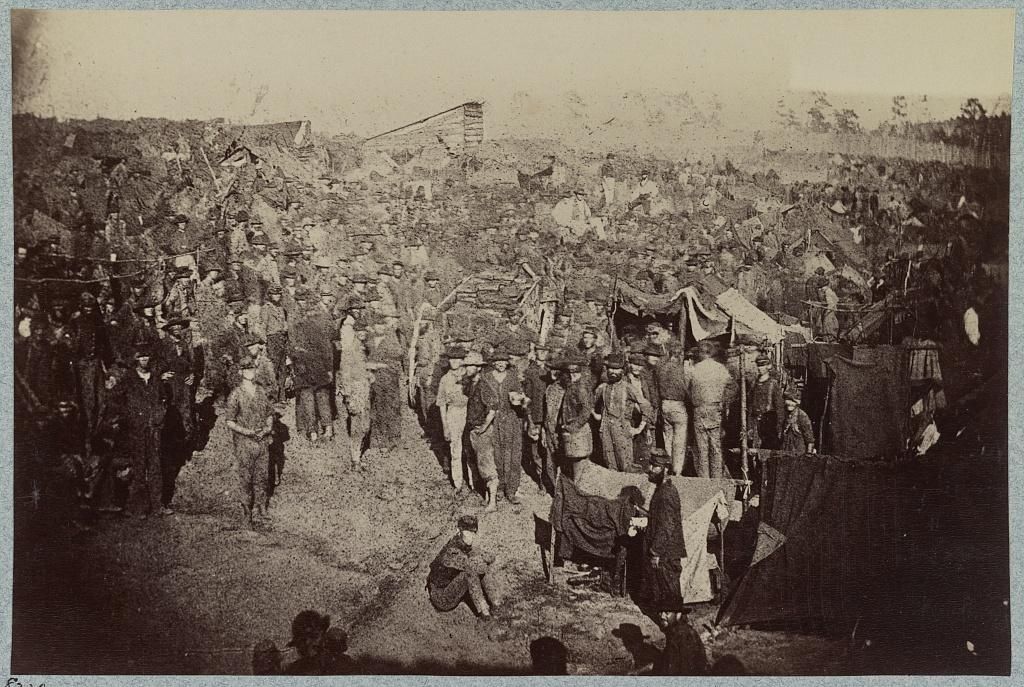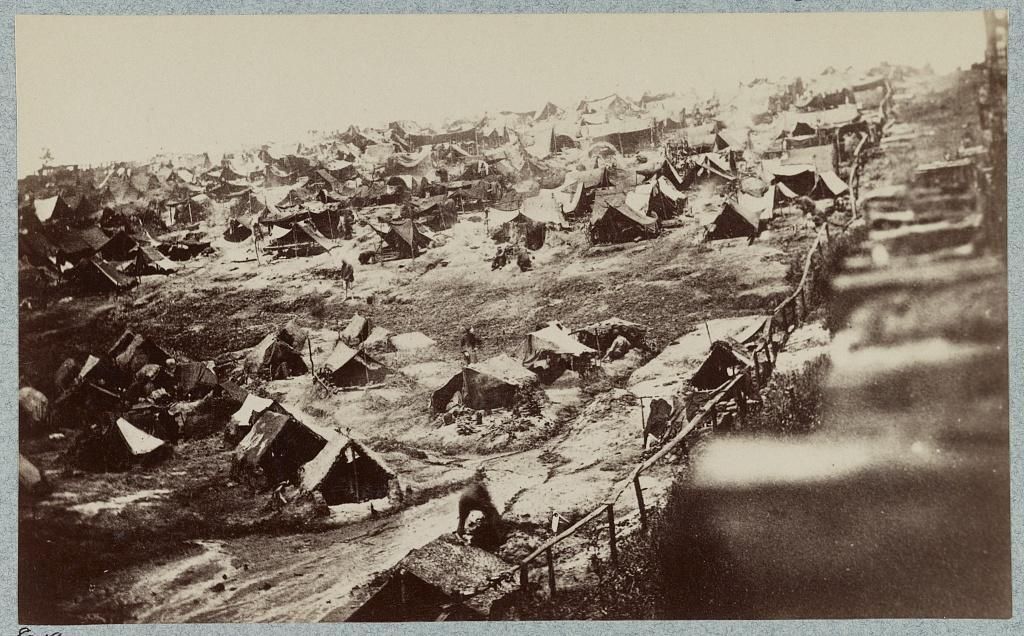How the Trial and Death of Henry Wirz Shaped Post-Civil War America
A monument to Wirz still stands not far from the Confederate prison camp he commanded
/https://tf-cmsv2-smithsonianmag-media.s3.amazonaws.com/filer/7b/41/7b41415e-e6bb-4d34-b802-03152d655fda/sumter-3.png)
Confederate officer Henry Wirz was at the end of the Civil War “perhaps the second-most hated person in America, after John Wilkes Booth,” writes Greg Bailey for the New Republic. His trial and death started a debate over his legacy that pitted those who framed him as a scapegoat against those who framed him as a war criminal.
During the Civil War, Wirz was a commander of the notorious Camp Sumter prisoner-of-war camp near Andersonville, Georgia. The camp ran for 14 months, according to the Civil War Trust, during which 13,000 of the 45,000 Union soldiers imprisoned there died “from disease, poor sanitation, malnutrition, overcrowding or exposure to the elements.” Others survived but lost limbs and suffered greatly. One soldier's account tells of amputating his own gangrenous feet with a pocket knife. At the end of the war, cavalryman John W. January said, he weighed just 45 pounds. Given grim stories like these, it’s unsurprising that Wirz was loathed by Union troops, but his trial and execution still stand out in the history of the Civil War.
Wirz was captured after the war ended. At his two-month-long trial, which began in August 1865, writes Linda Wheeler for The Washington Post, “more than 150 witnesses, including a man on his prison staff, had testified to Wirz’s personal involvement in the harsh punishment given to prisoners for minor violations and the purposeful withholding of food and supplies.” He was convicted of conspiracy to both “Impair and injure the health and to destroy the lives... of large numbers of federal prisoners.. at Andersonville" and for "murder, in violation of the laws and customs of war," according to the National Park Service.

Although Wirz was not the only person tried and convicted for war crimes following the Civil War, as the NPS notes, or even the only person to be executed for them, a legend has spring up that he was. This probably has something to do with the notoriety of his trial and public execution, which was minutely documented by the press, right down to this photograph of Wirz on the scaffold.
“All the anger at the mistreatment and death of Union soldiers held in Confederate prisoner-of-war camps anywhere in the South was focused on this one man,” writes Wheeler. Although it is true that Wirz didn’t control every aspect of life in Camp Sumter and that Confederate prison camps generally suffered from lack of supplies as the Confederacy lost ground, “in the end he was held accountable for his own actions, how he personally treated prisoners,” she writes.

And yet, his own actions were in some ways not the focus of the trial. “One of the great paradoxes of the Wirz Trial is that both prosecution and the defense sought to prove that Captain Wirz was following orders; the prosecutors hoped to convict higher ranking Confederate officials and Wirz hoped to absolve himself by passing responsibility up the chain of command,” writes the NPS.
Like other war crimes trials, guilt was complex, but Wirz “could not escape his own orders and actions,” the NPS writes. He was hanged on this day in 1865.
But the prosecutors didn’t manage to convict any officers higher up the chain of command. In August 1866, Andrew Johnson issued a proclamation granting amnesty to those who took part in the rebellion.
The long shadow of the Civil War continues to fall across America, and similiarly, the debate over Wirz’s legacy and actions continues, Bailey writes. Wirz’s death is commemorated by a monument that stands not far from the Camp Sumter site, erected by the United Daughters of the Confederacy. Elsewhere, the dead of the prison camp are commemorated with monuments.